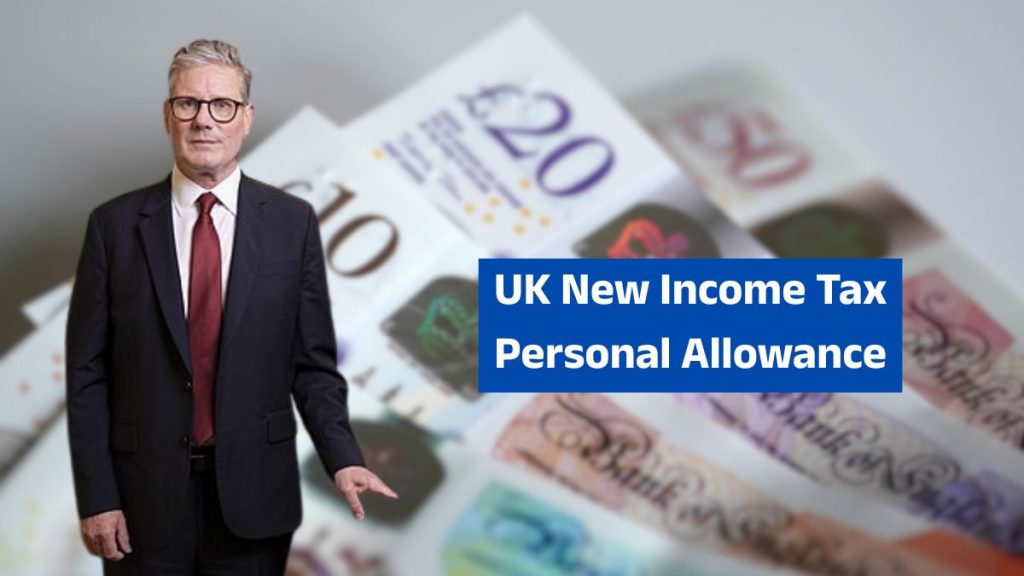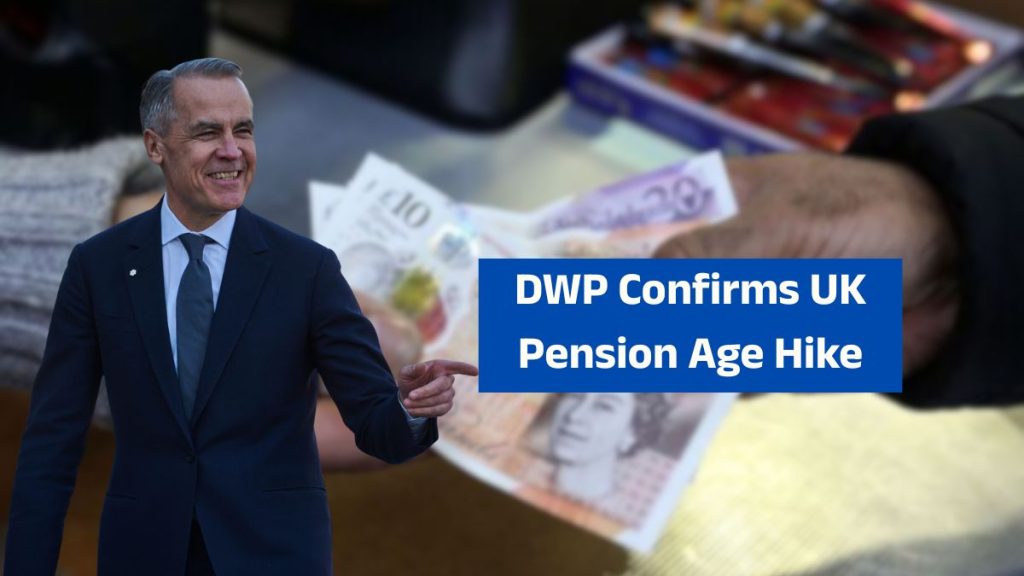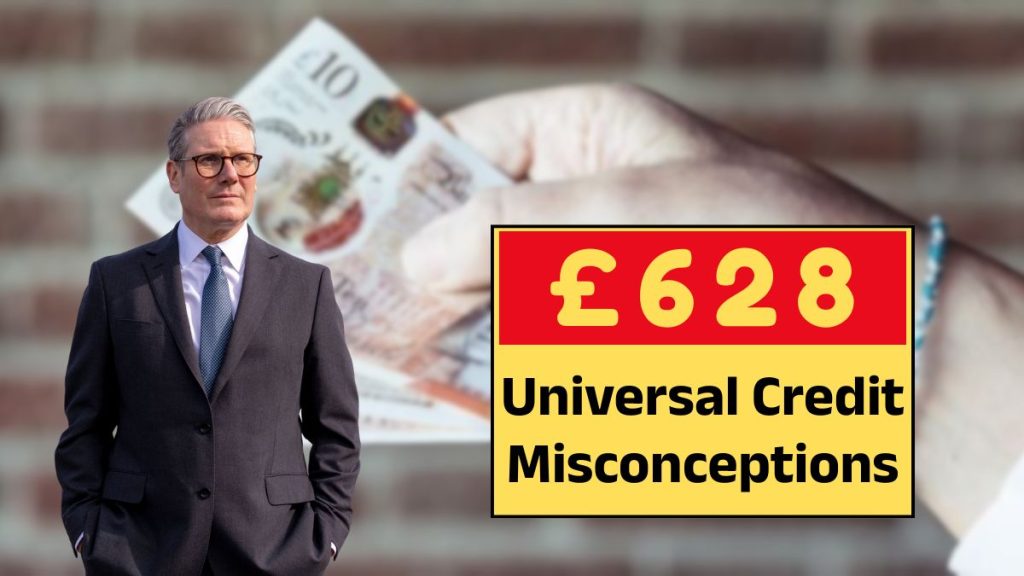Hello Everyone, the UK government has introduced a new proposal that could bring significant relief to seniors aged 60 and above. Under the plan, older citizens may soon be entitled to a free TV licence for life, ending years of debate over affordability and access.
With rising living costs still squeezing households, the proposal aims to ensure pensioners can continue enjoying television, news, and cultural content without worrying about the annual £169.50 licence fee.
Why the TV Licence Matters

A TV licence is a legal requirement in the UK for anyone watching live broadcasts or using BBC iPlayer. The fee funds the BBC’s wide range of services, from TV and radio to online platforms, providing ad-free, high-quality content.
For many seniors, especially those on fixed pension incomes, the cost can feel like an additional burden. Television is not just about entertainment—it serves as a vital source of information, education, and companionship. During the pandemic, TV was a lifeline for millions of isolated seniors, reinforcing its importance.
The New Rules Explained
Under the government’s proposed plan:
- Individuals aged 60 and above would automatically qualify for a free licence.
- The free licence would apply for life, meaning no annual renewal or extra fees.
- This marks a major shift from the current rule, where only seniors over 75 receiving Pension Credit qualify.
The updated approach ensures a broader range of seniors benefit. Officials are also considering an automatic application process using national records such as pensions or NHS data to make access simpler.
Who Qualifies for the Free TV Licence?
Eligibility is expected to be straightforward. To qualify, seniors must:
- Be aged 60 or above and a permanent UK resident.
- Provide proof of age and address (passport, driving licence, pension documents).
- Ensure the licence is used for the main residence only.
- Not already hold another household exemption.
Those already receiving pension benefits or senior allowances could be fast-tracked. Charities and local councils are expected to help with awareness campaigns, ensuring seniors understand their rights.
How to Apply for the Free TV Licence
The government aims to make the process simple and stress-free. Seniors will be able to:
- Apply online through the official TV Licensing website.
- Use a helpline for phone-based applications.
- Fill in a paper form for postal applications.
Applicants will provide proof of age and residence, but once approved, the licence will remain valid for life. This eliminates the hassle of yearly renewals or repeated documentation.
Key Benefits for Seniors
The proposal offers more than just financial savings—it acknowledges the role of TV in daily senior life. Benefits include:
- Reducing financial pressure on pension-based households.
- Guaranteeing access to news, culture, and education without barriers.
- Helping combat loneliness and isolation.
- Simplifying financial planning by removing a recurring bill.
- Recognizing and rewarding the contributions of older generations.
While saving £169.50 per year may seem small, it makes a real difference when combined with other rising expenses like energy bills and healthcare costs.
Impact on UK Households
If approved, this move could positively affect millions of households. Families supporting elderly relatives will feel less financial strain, knowing parents or grandparents no longer need to pay licence fees.
The reform also strengthens public trust in government efforts by showing policymakers are listening to senior citizens’ concerns. It ensures cultural access remains universal, reflecting the UK’s value of fairness and inclusivity.
FAQs on Free TV Licence for Seniors in the UK
Q1. Who qualifies for the proposed free TV licence?
UK residents aged 60 and above would qualify, provided they live permanently in the country and the licence is used for their main residence.
Q2. How much does a TV licence currently cost?
The annual TV licence fee is £169.50. Under the new proposal, eligible seniors would no longer have to pay this amount.
Q3. How is this different from current rules?
At present, only seniors aged 75+ receiving Pension Credit get a free licence. The new plan lowers the age to 60 and makes the licence free for life.
Q4. How can seniors apply?
Applications are expected to be available online, by phone, or by post. Government agencies may also streamline the process using existing pension or NHS records.
Q5. Why is the government introducing this change?
The goal is to reduce financial stress on seniors, help them stay connected, and acknowledge television’s role in promoting social inclusion and wellbeing.











